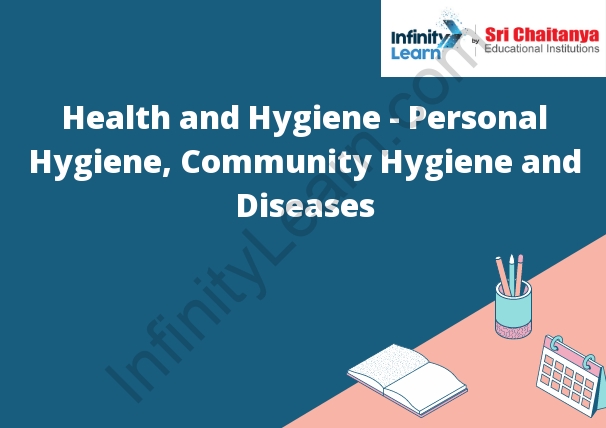Table of Contents
What is Health and Hygiene?
Health and hygiene are two important aspects of life that everyone should take seriously. Health is the state of being physically, mentally, and emotionally sound, while hygiene is the practice of keeping clean. Together, health and hygiene are important for maintaining a good quality of life.

Hygiene
Hygiene is the practice of keeping clean. It is important for preventing the spread of diseases. Hygiene includes washing hands, brushing teeth, and bathing. It is also important to eat healthy foods and to exercise.
Disease
A disease is a particular abnormal condition that affects a particular part, organ, or system of an organism. Diseases are often characterized by some combination of abnormal physical signs, symptoms, and laboratory test results.
Common Infectious Diseases
There are many types of infectious diseases, but some of the most common ones include the flu, the common cold, and chicken pox.
Infectious diseases are caused by viruses, bacteria, or other organisms that can invade the body and cause illness. They can spread through the air, through contact with infected people or animals, or through contact with contaminated objects or surfaces.
Some of the most common symptoms of infectious diseases include fever, coughing, sneezing, and nausea. In order to prevent the spread of infection, it is important to practice good hygiene habits, such as washing your hands regularly and avoiding close contact with people who are sick.
Immunity
Immunity is a state of protection against infection or disease. Immunity can be either innate or acquired. Innate immunity is present at birth, while acquired immunity develops over time. Immunity can be either passive or active. Passive immunity is conferred through the transfer of antibodies from another person or animal, while active immunity is generated through the body’s own immune response.
What Exactly is Health?
The World Health Organization defines health as “a state of complete physical, mental and social well-being and not merely the absence of disease or infirmity.”
What is the Source of Food?
Food is sourced from plants and animals. Plants produce food through photosynthesis, while animals consume food to obtain energy.
What are Carbohydrates?
Carbohydrates are a class of organic molecules that include sugars and starches. Carbohydrates are the body’s main source of energy.
What are Fats?
Fats are a type of nutrient. They are important for the body to function properly. Fats provide energy and help the body to absorb vitamins.
What Exactly are Proteins?
Proteins are one of the three macronutrients, the others being carbohydrates and fats. Proteins are made up of amino acids, which are the building blocks of life. Proteins are essential for the growth, repair, and maintenance of the body. They are also responsible for the production of enzymes and hormones. Protein is found in both animal and plant foods.









